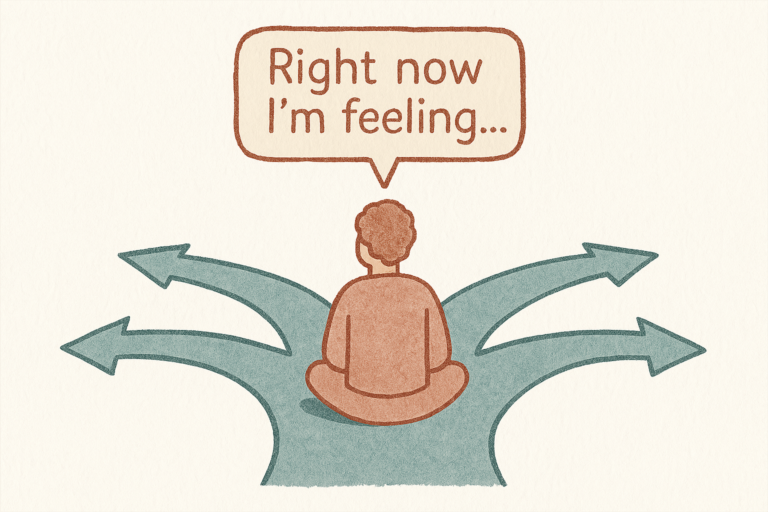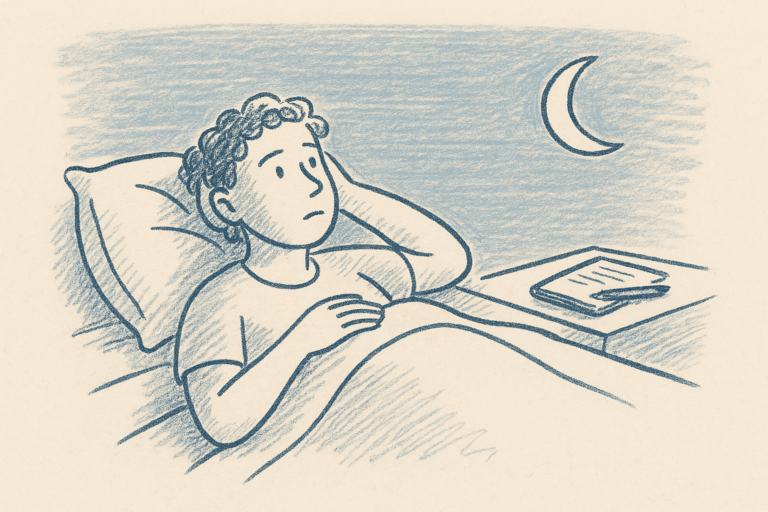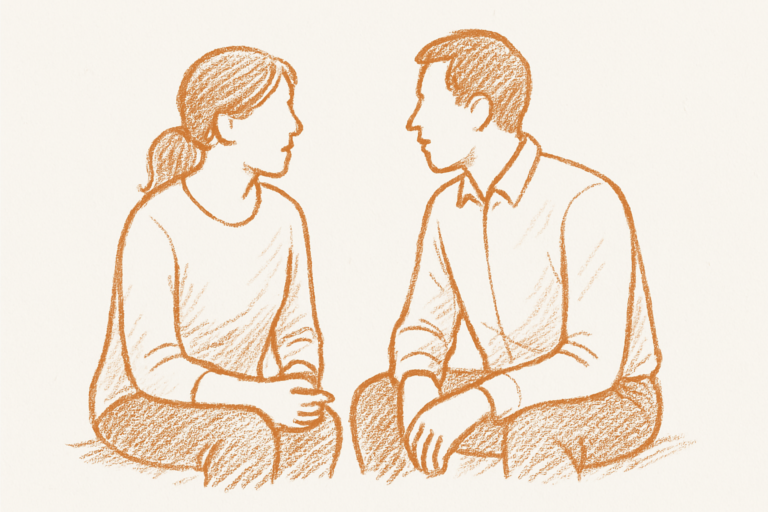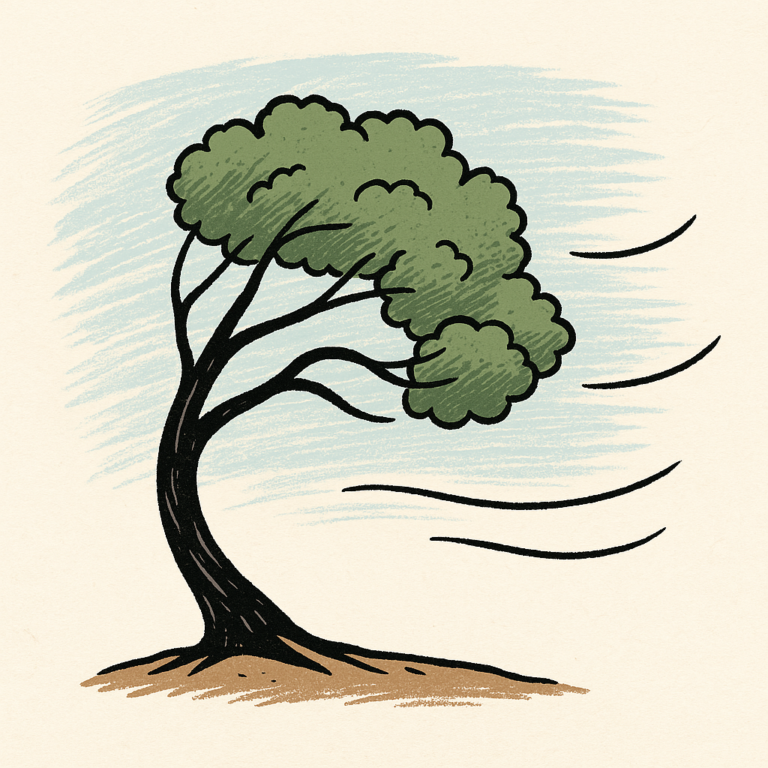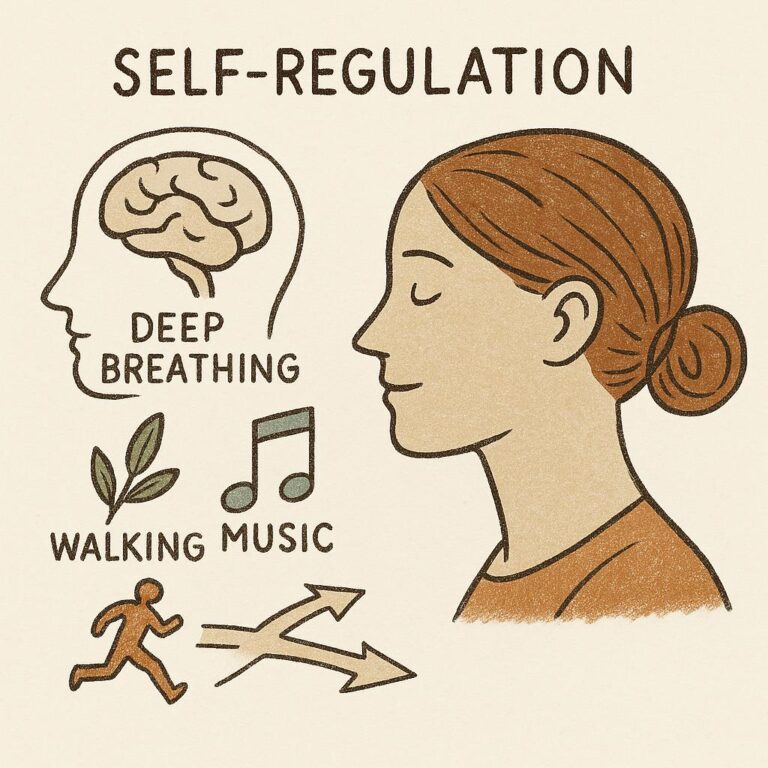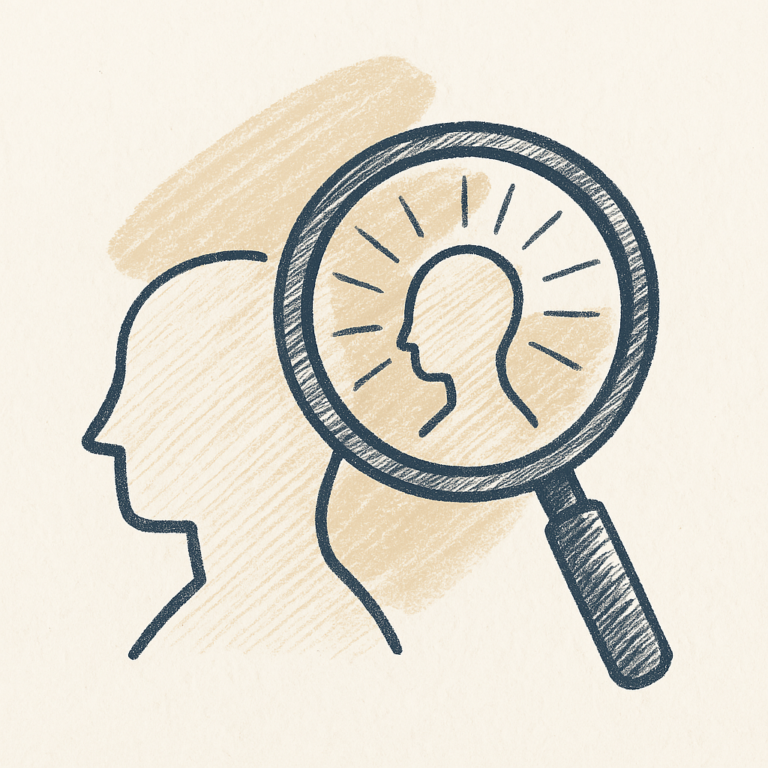Connection Strengthens Resilience
It’s not just what’s inside you, it’s who is beside you
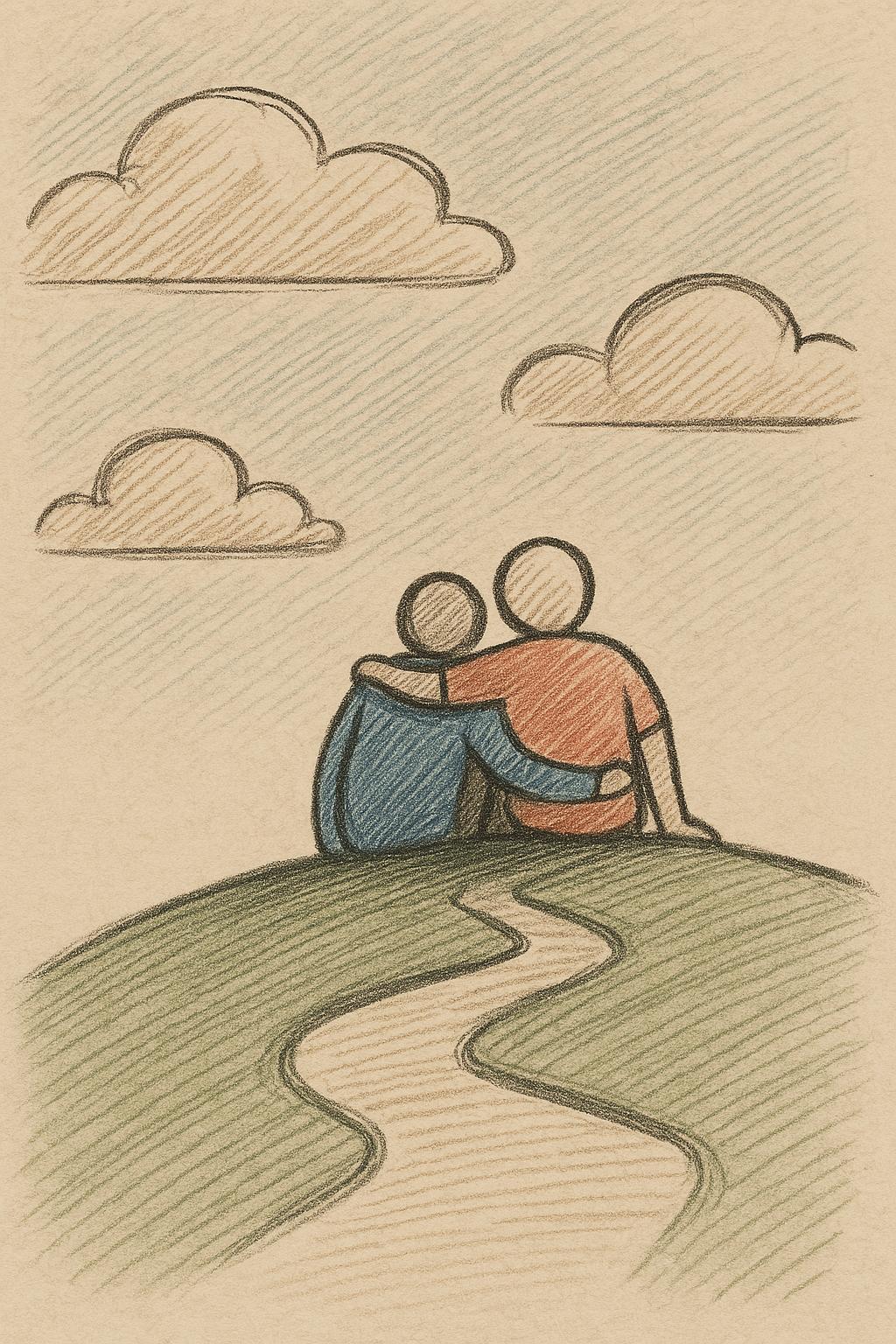
Resilience isn’t a solo sport.
Resilience is often framed as something internal—your mindset, your habits, your ability to recover. But one of the strongest predictors of resilience isn’t what’s inside you. It’s who is walking with you. Human connection is one of the most powerful resilience tools we have. It buffers stress, protects mental health, and reminds us that we are not alone in our struggles.
While inner strength matters, it’s often our relationships that carry us through. Human connection is one of the most powerful, underused tools for navigating stress.
Connection gives us perspective. It reminds us that we’re not alone. It calms our nervous systems and helps us process what’s hard.
The Science of Support
When we feel seen and supported, our brain and body respond differently to stress. Connection can reduce cortisol, regulate heart rate, and even improve immune response.
Isolation, especially during high stress, can make small problems feel insurmountable. But when you talk with someone—someone who really listens—your nervous system begins to calm. Your perspective widens. Options reappear.
The trap: when we’re overwhelmed, we tend to withdraw. We isolate, shut down, or convince ourselves that we don’t want to burden anyone.
The truth:
You were never meant to do this alone. We hear this a lot. Connection is a two-way exchange. When you let others show up for you, you’re also giving them the gift of purpose, trust, and contribution. The connection doesn’t have to be deep or dramatic. A simple check-in, a walk, a text that says “thinking of you” can be a lifeline.
Strong people still need support. Asking for help is a resilience skill, not a weakness.
We don’t need to navigate this “new normal” alone. Resilience grows in community. Reach out to another human. Connection calms the nervous system and restores hope. #Resilience #Connection
Tweet
Below, you will find something to do, read, and watch. I have included one thing to reflect on, a gentle nudge to prompt a resilience practice, and a short thought to reset your resilience. I follow with other sources to continue building your resilience toolkit.
To Do
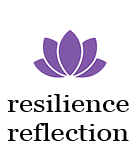
Reflect:
Who in your life holds space for both your strength and your struggle?

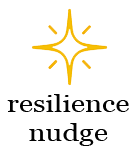
Nudge:
- Reach out to someone today. Tell them what you appreciate about them or simply say: “Thinking of you.”
- Say yes to one invitation, or offer support to someone else in a small, simple way. Little moments matter.
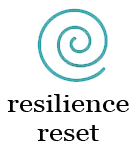
Reset:
Connection is not a luxury—it’s a form of strength.
To Read
“Together: The Healing Power of Human Connection in a Sometimes Lonely World” by Dr. Vivek Murthy
Written by the U.S. Surgeon General, this book explores the science of connection and how relationships safeguard our health, well-being, and resilience.
To Watch
TED Talk: “The Power of Vulnerability” by Brené Brown
A classic talk that reminds us why vulnerability and authentic connection matter—and how they strengthen our capacity to recover and thrive.
Next
In the next post, we’ll discuss what happens when stress doesn’t wait for daylight. Night-time stressing is real. The next article offers calming strategies when stress wakes you up at night.
